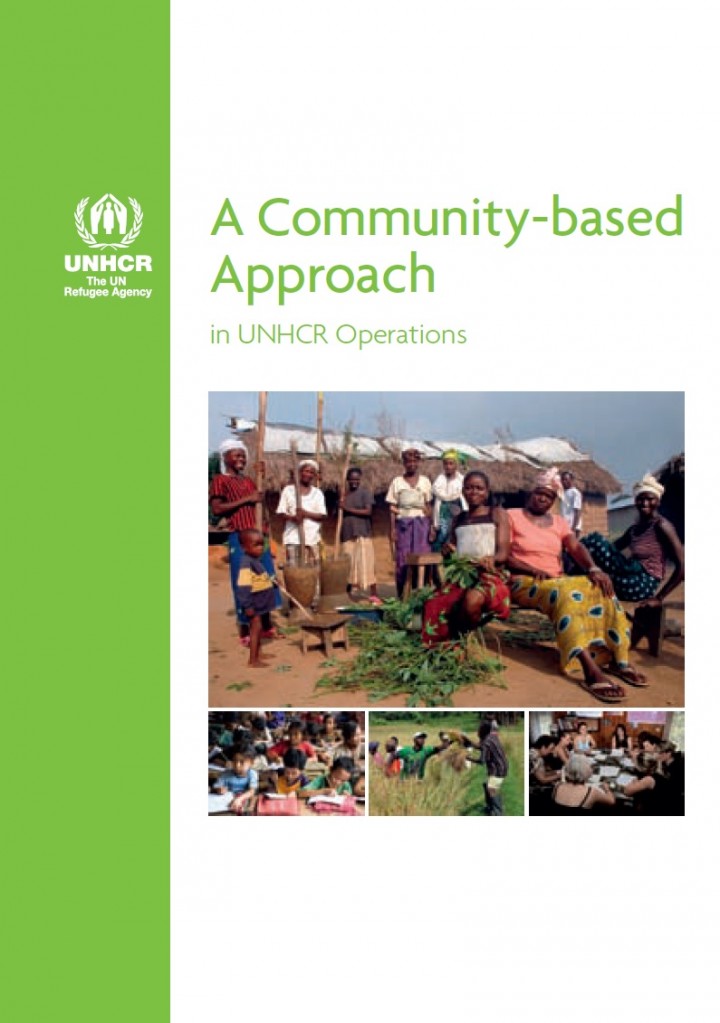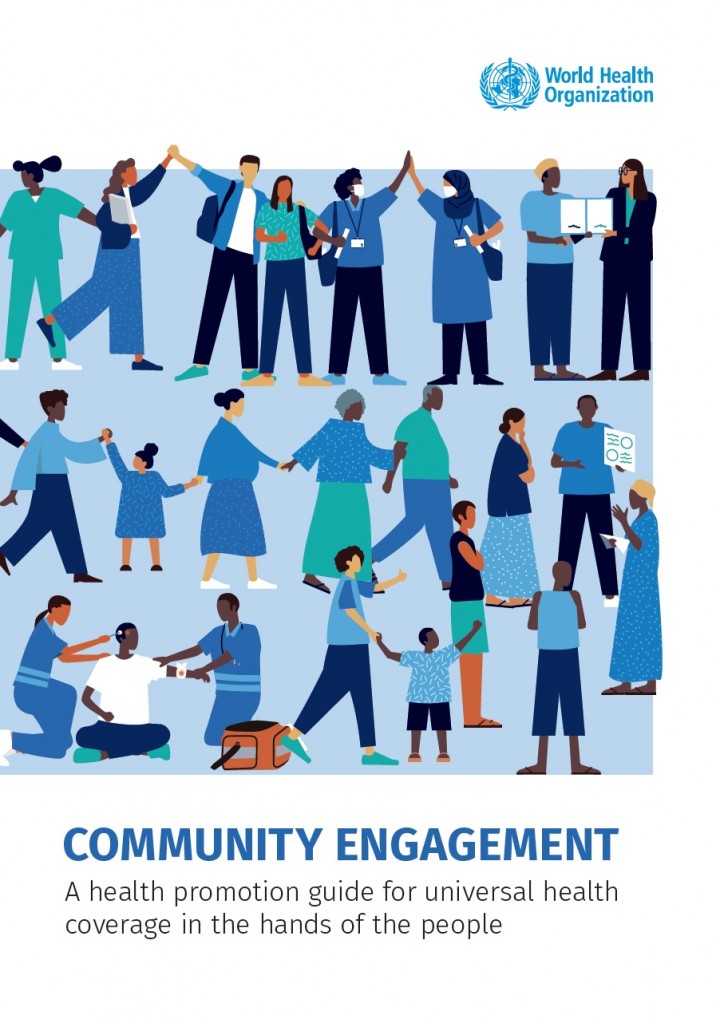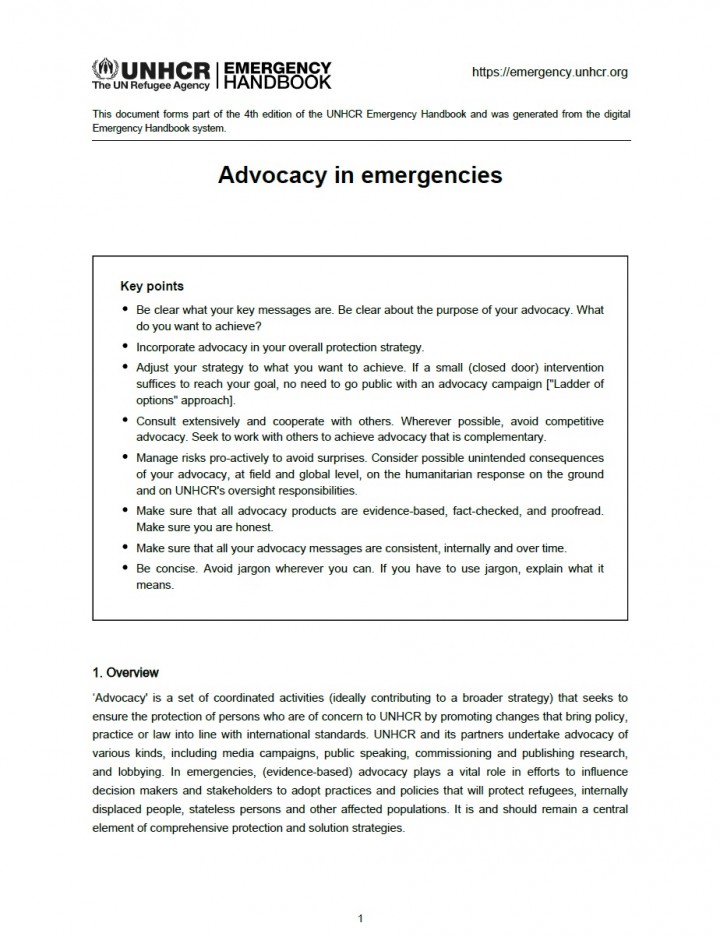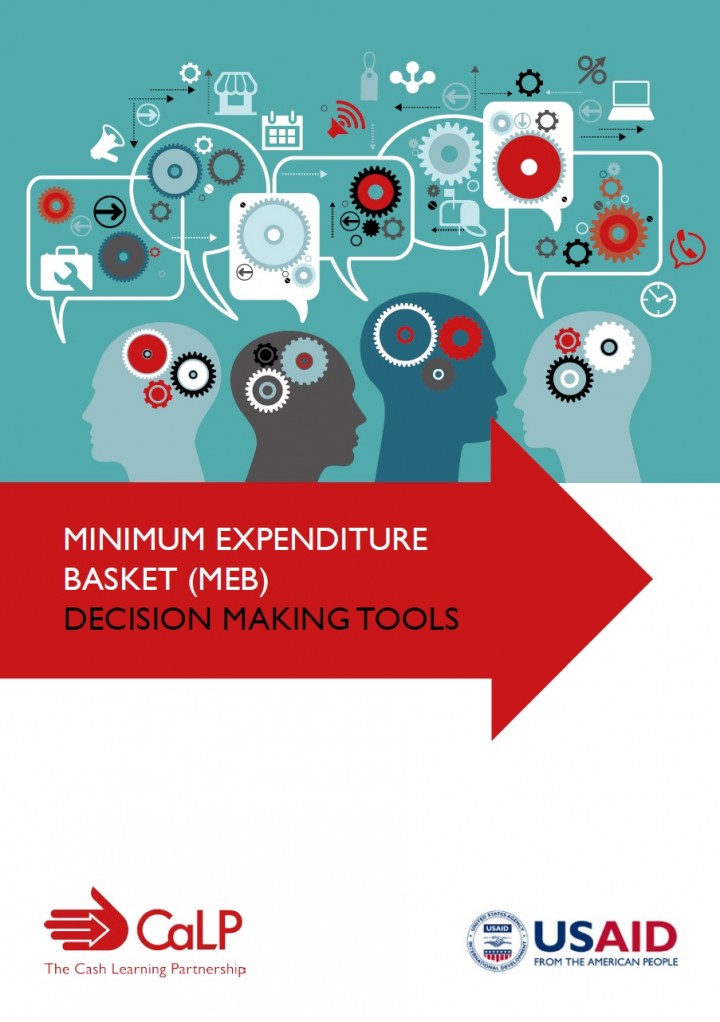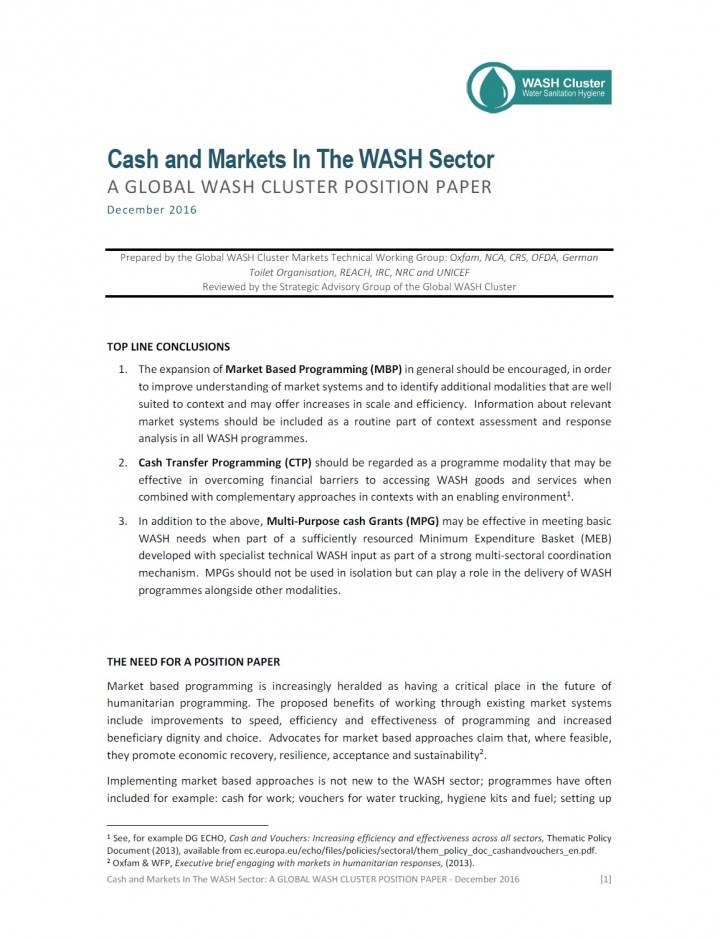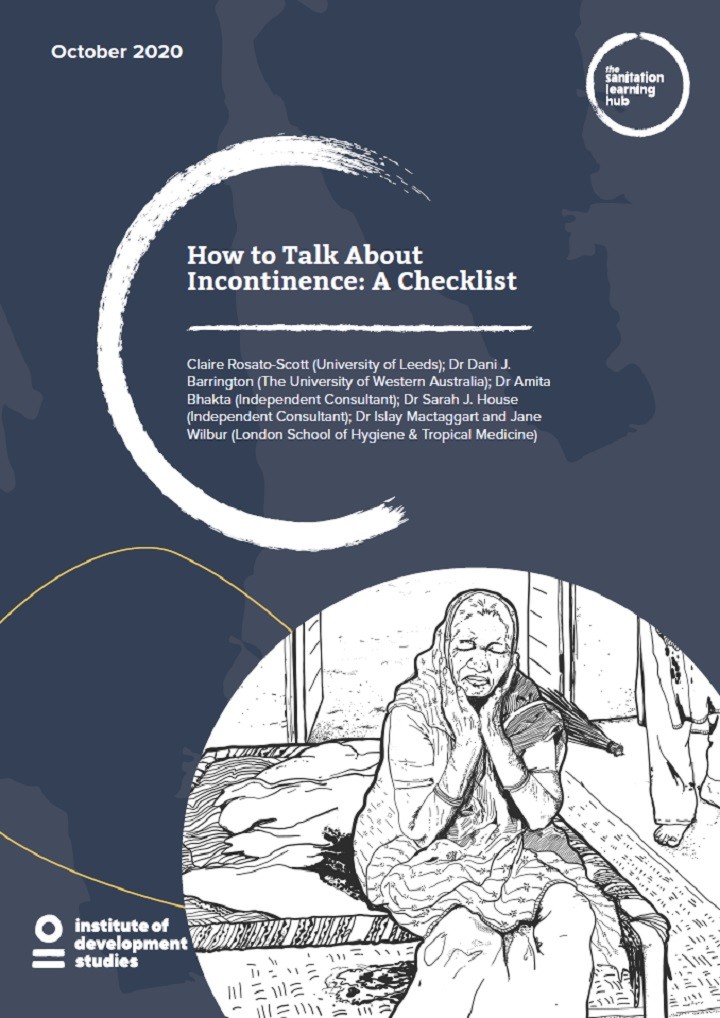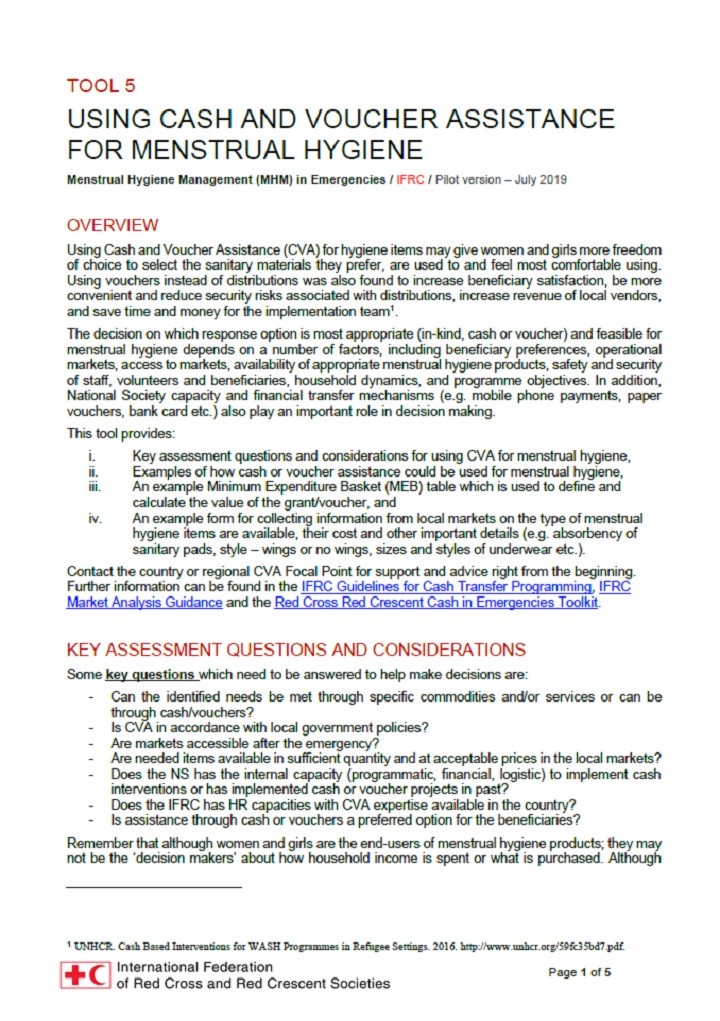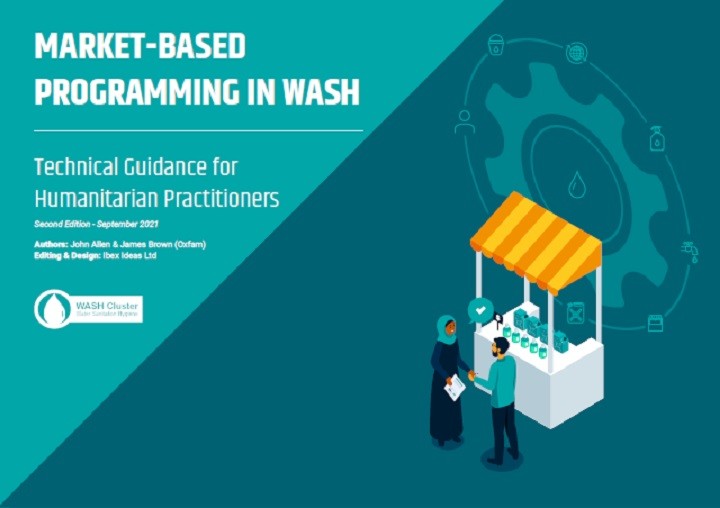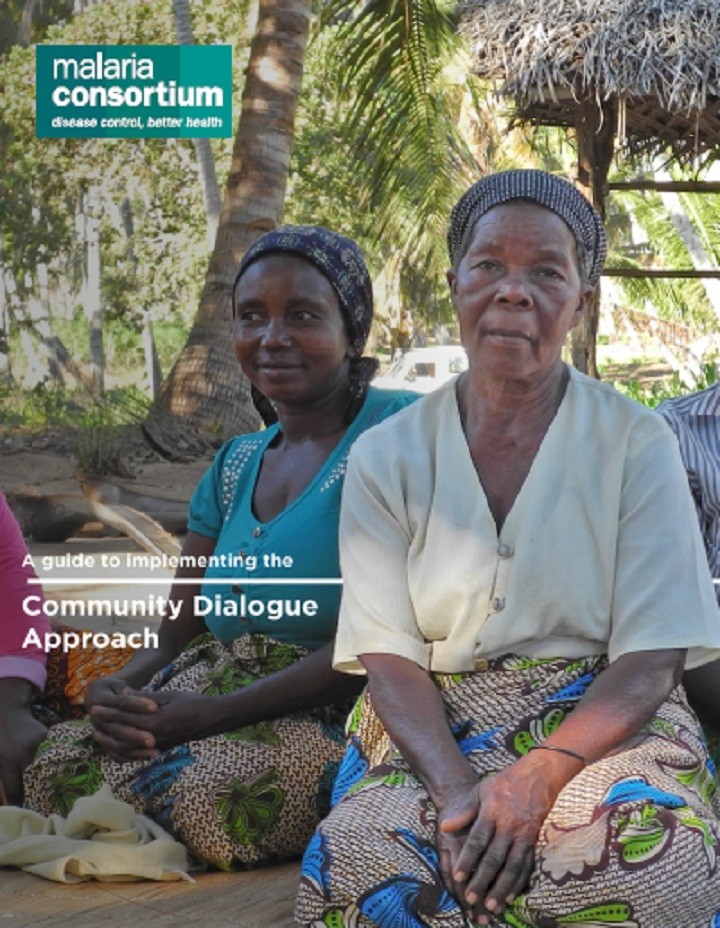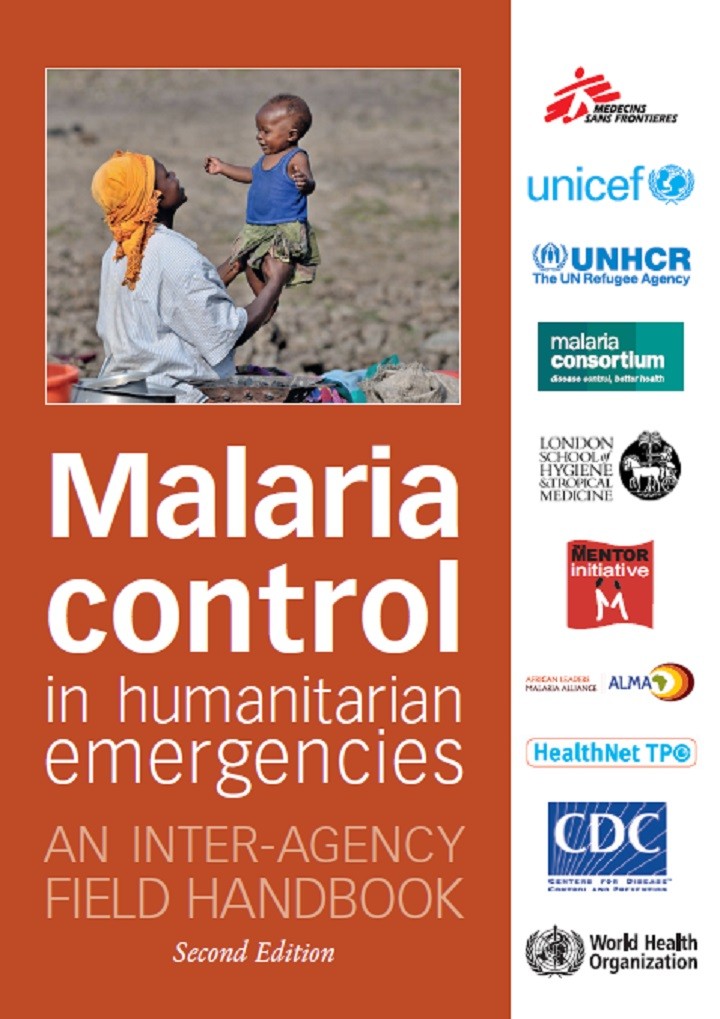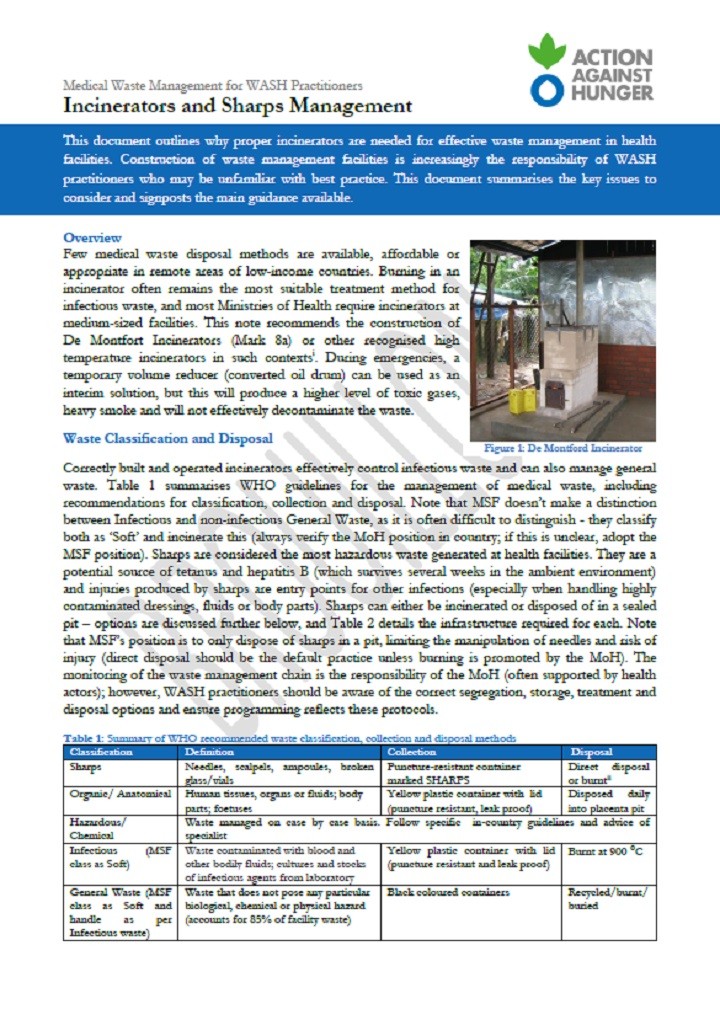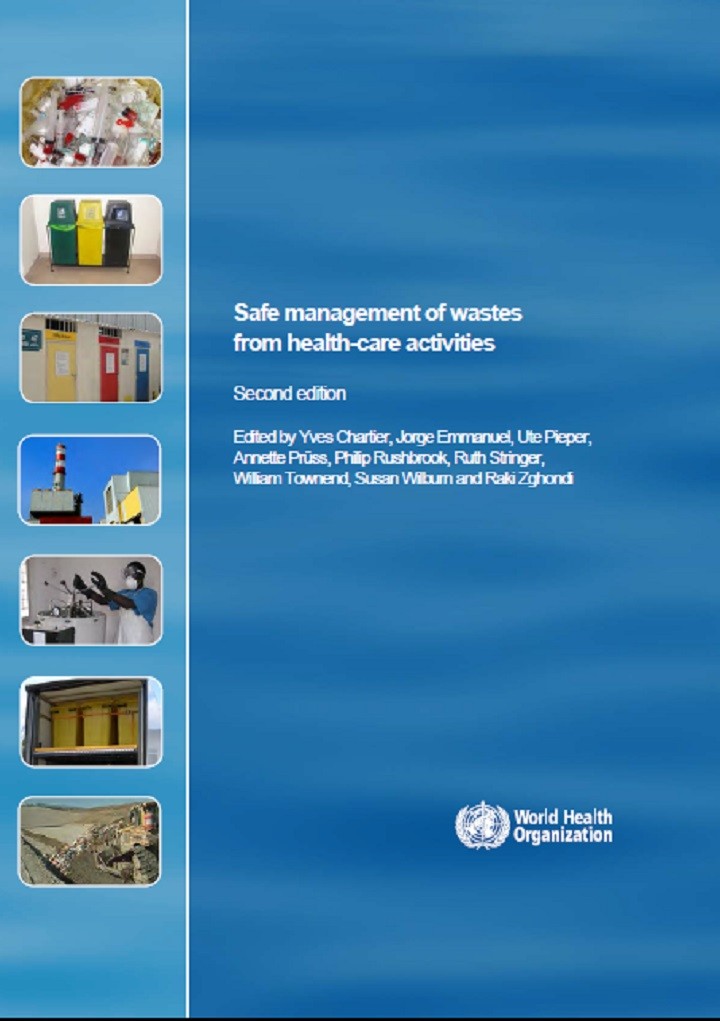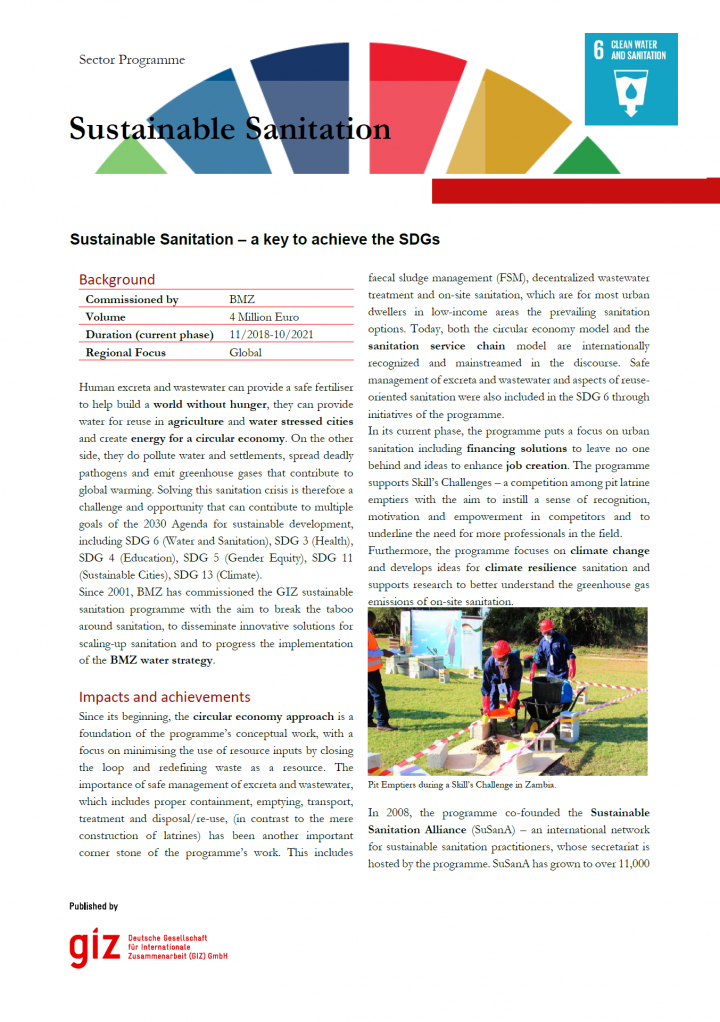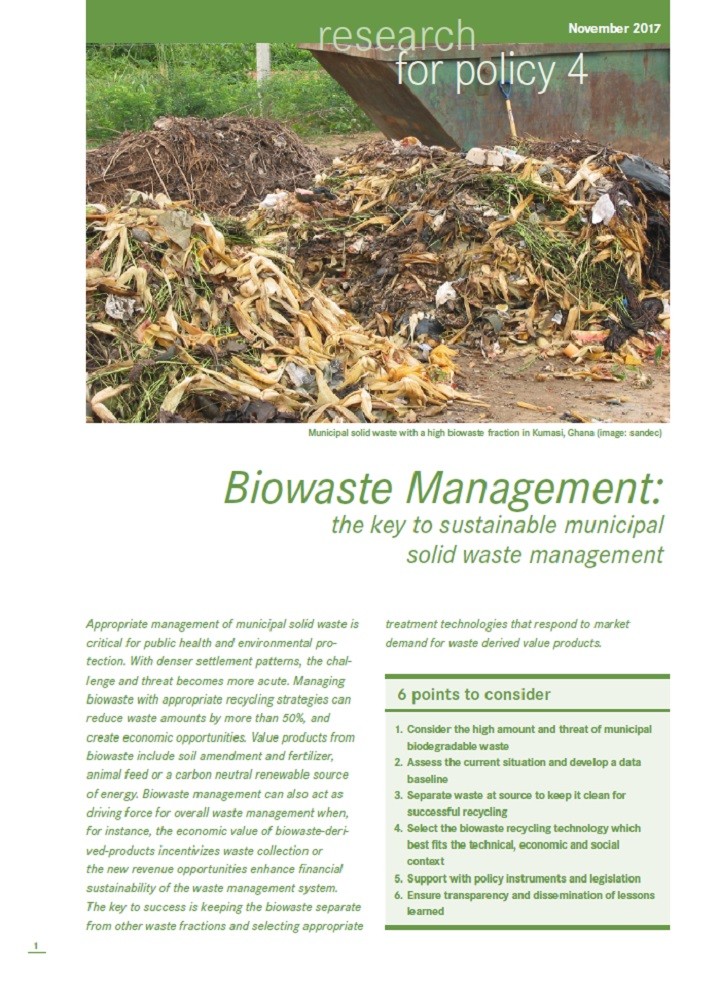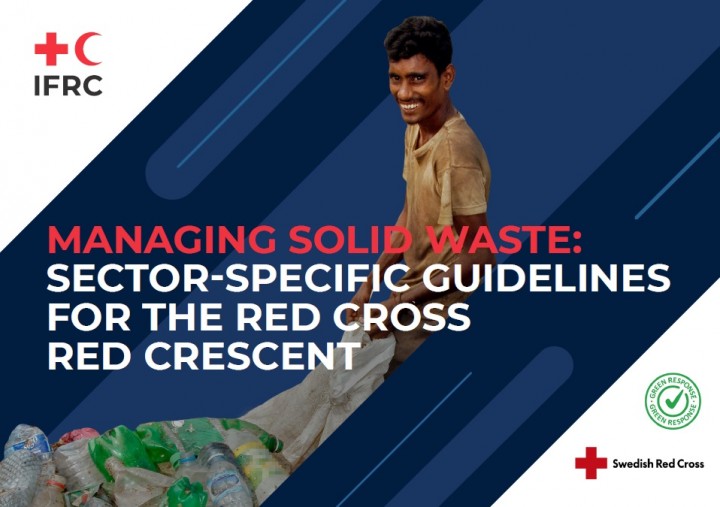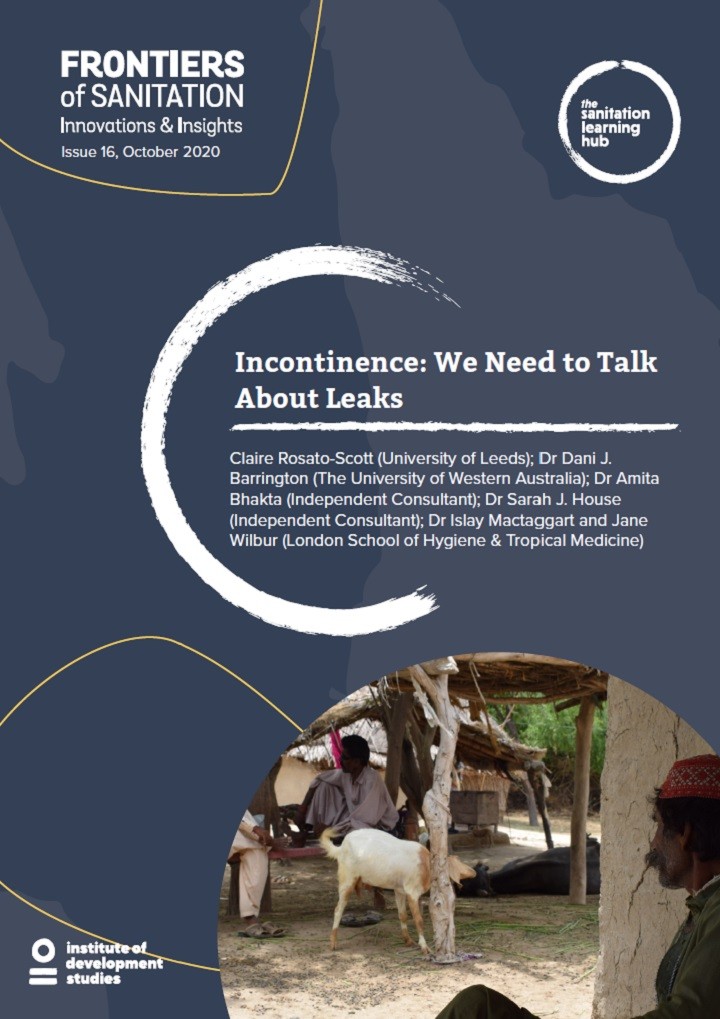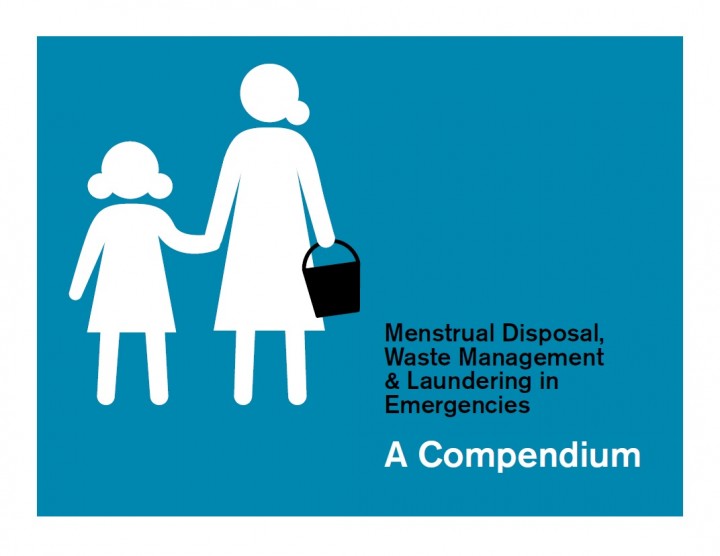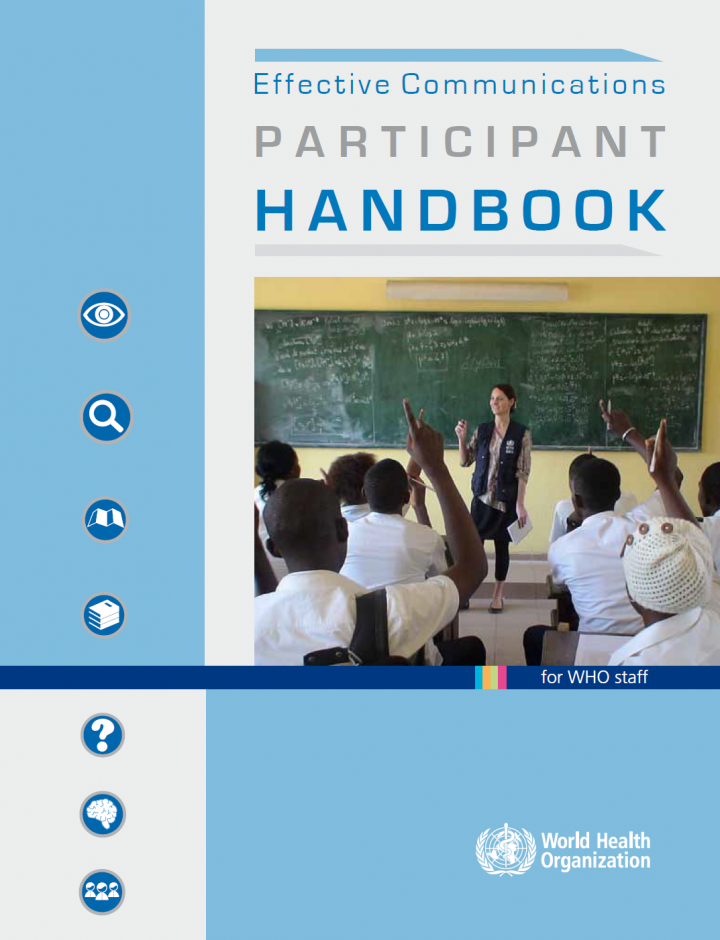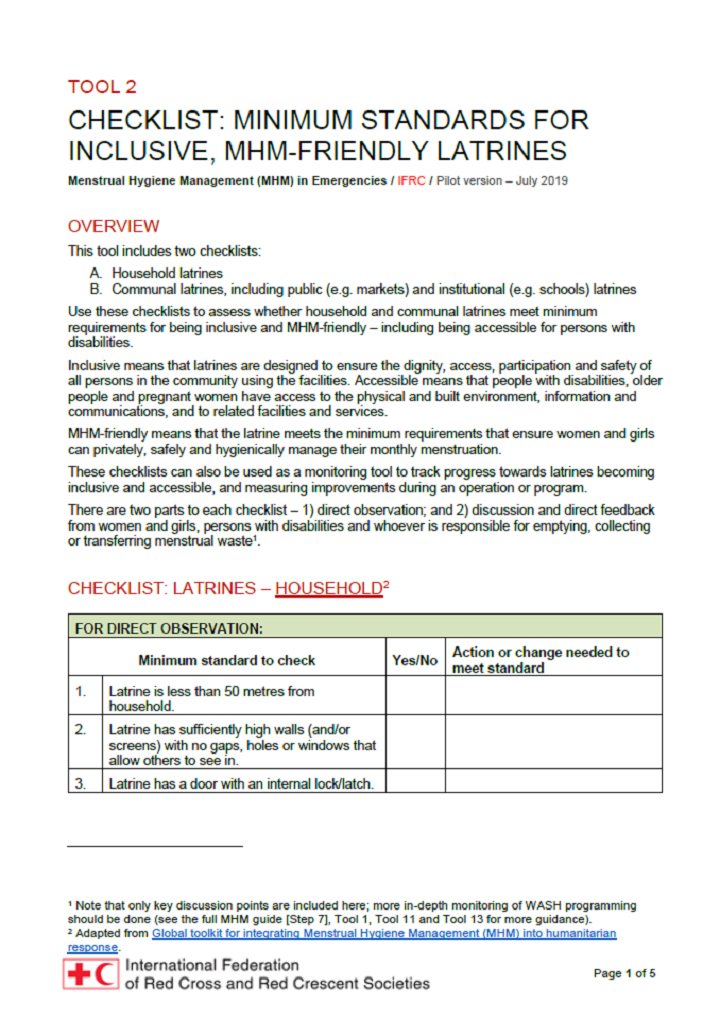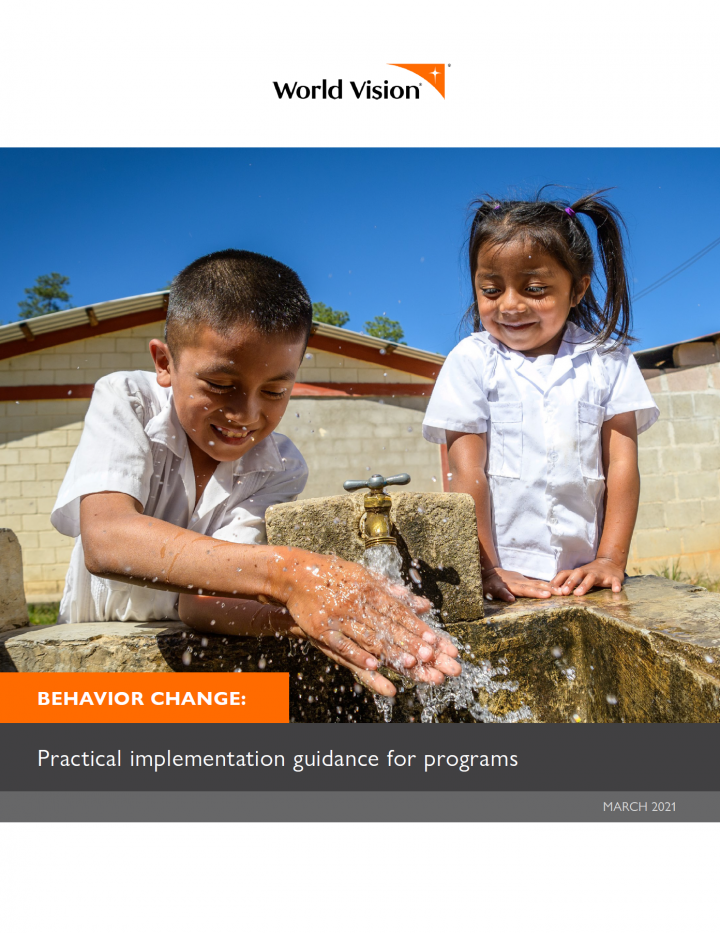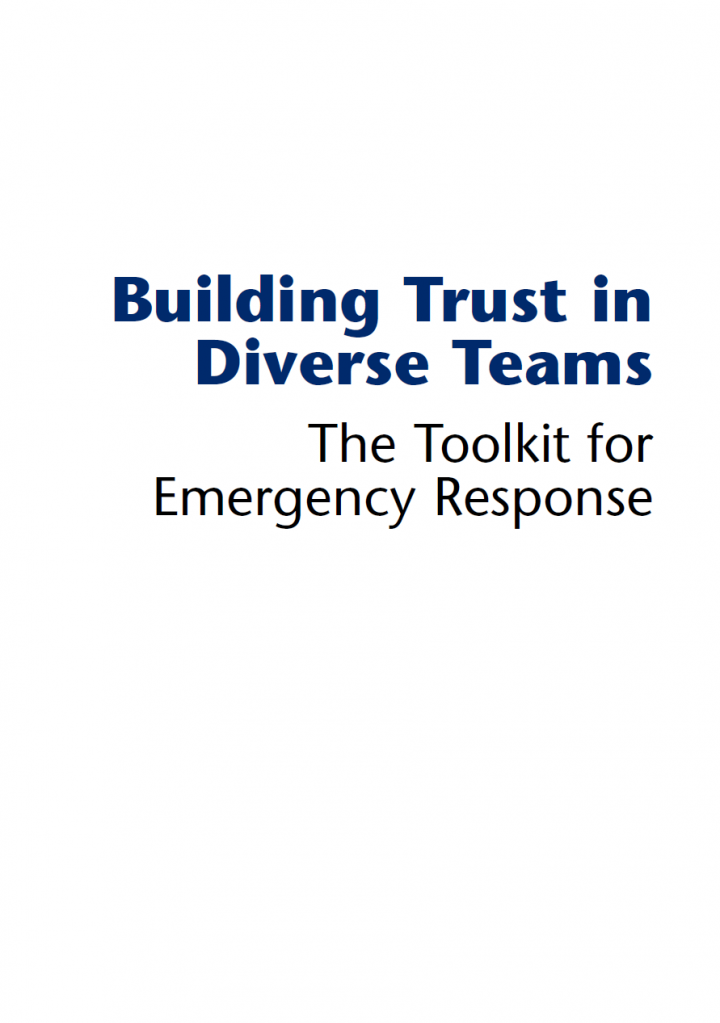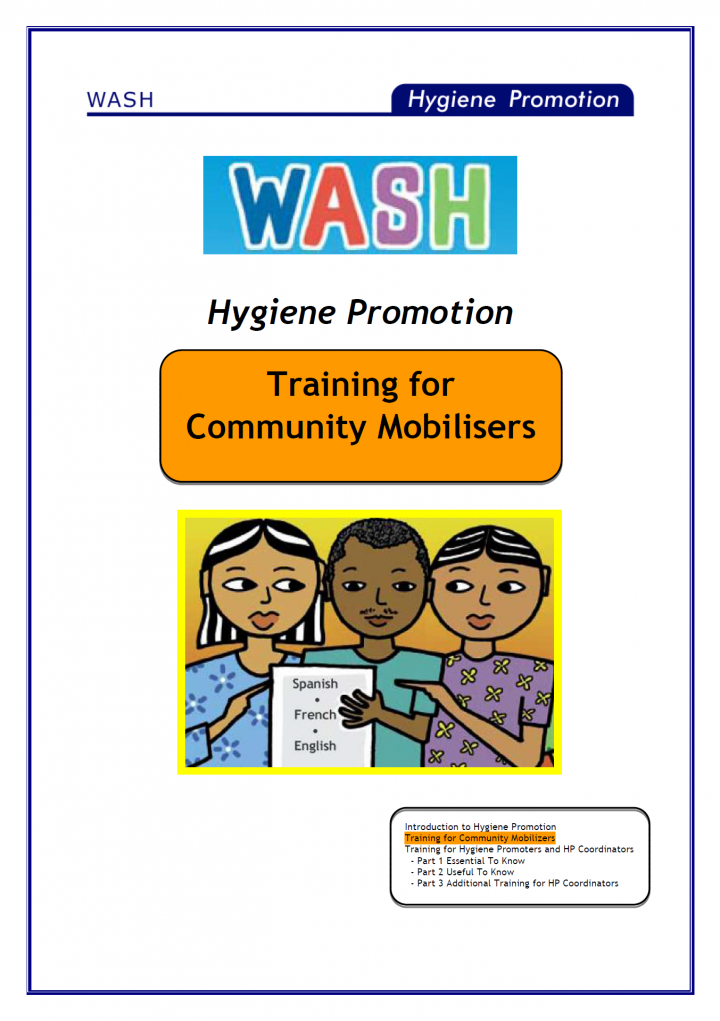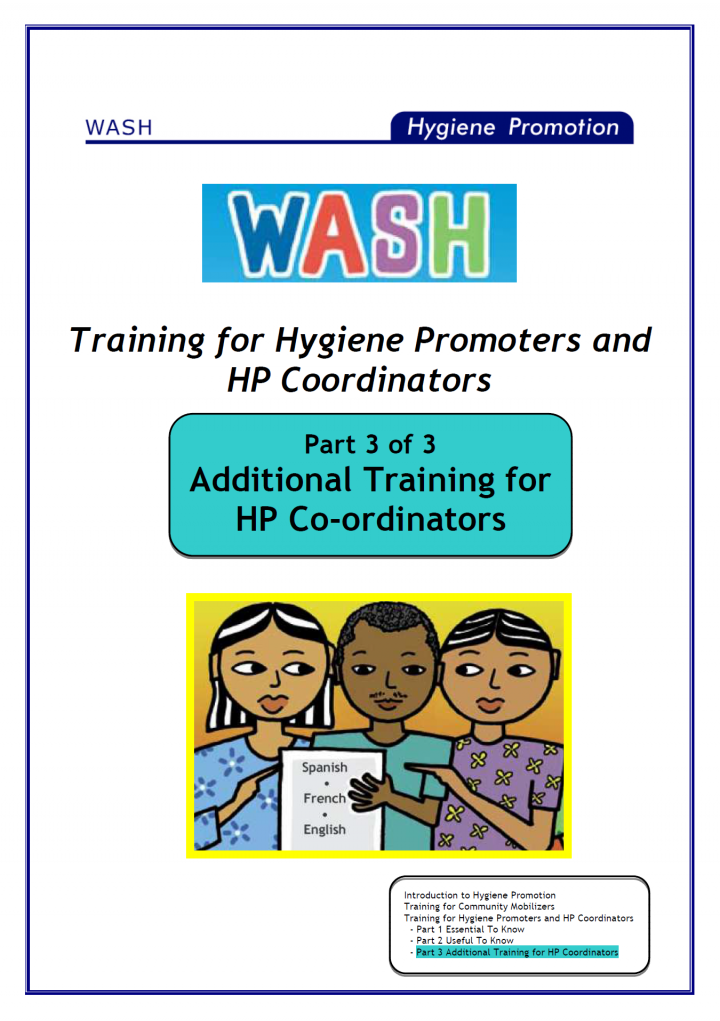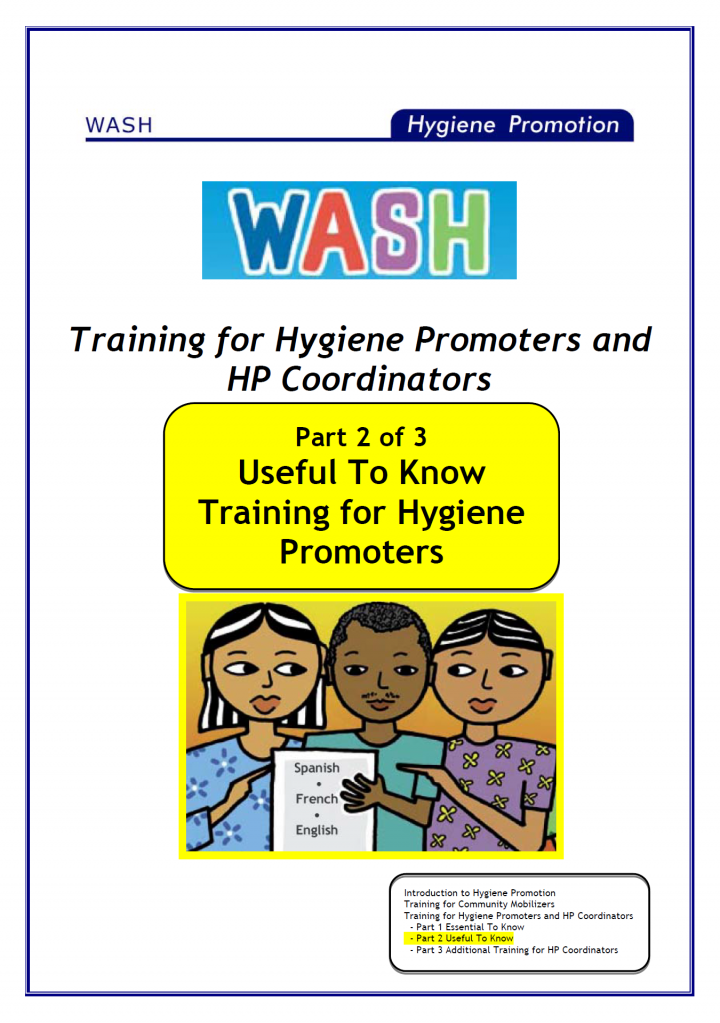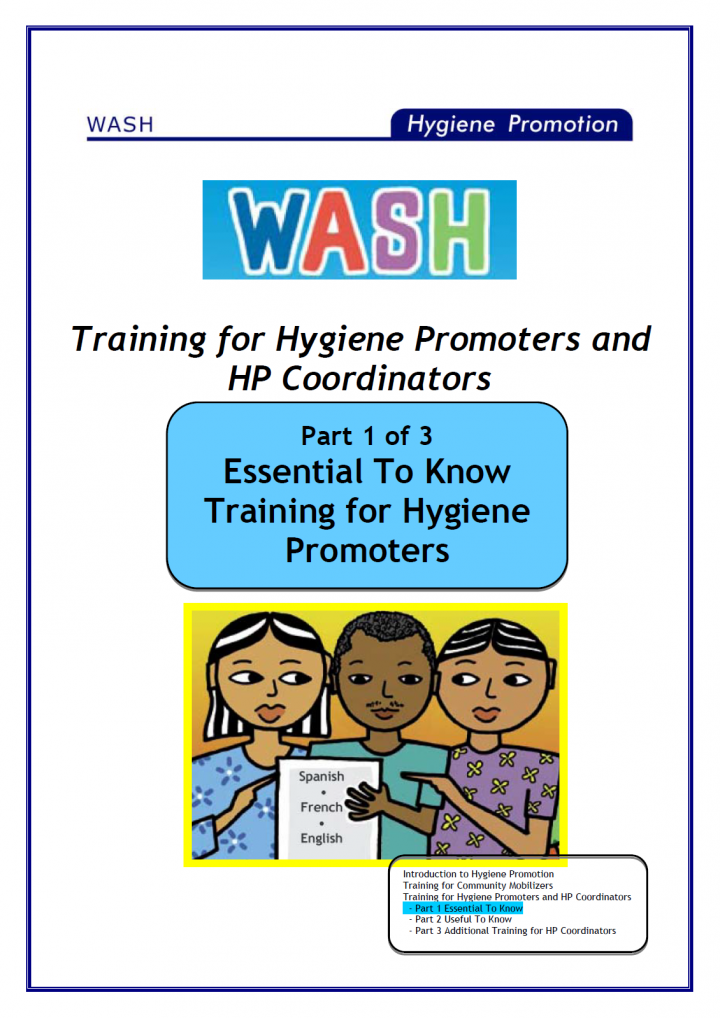Searching for information on Sanitation Workers?
The Sanitation Workers Knowledge + Learning Hub is the best source for all current news, trends, articles and updates on sanitation workers rights around the world.
WHO has defined community engagement as “a process of developing relationships that enable stakeholders to work together to address health-related issues and promote well-being to achieve positive health impact and outcomes”. There are undeniable benefits to engaging communities in promoting health and wellbeing. At its core, community engagement enables changes in behaviour, environments, …
‘Advocacy' is a set of coordinated activities (ideally contributing to a broader strategy) that seeks to ensure the protection of persons who are of concern to UNHCR by promoting changes that bring policy, practice or law into line with international standards. UNHCR and its partners undertake advocacy of various kinds, including media campaigns, public speaking, commissioning and publishing …
A Minimum Expenditure Basket (MEB) is a tool used by cash and vouchers assistance (CVA) actors to: support the calculation of the transfer amount of a multipurpose/multisectoral cash grant, contribute to better vulnerability analysis and monitoring, and improve collaboration. What makes an MEB unique and worthwhile is its binding power. When different agencies coordinate to jointly build an MEB …
Market based programming is increasingly heralded as having a critical place in the future of humanitarian programming. The proposed benefits of working through existing market systems include improvements to speed, efficiency and effectiveness of programming and increased beneficiary dignity and choice. Advocates for market based approaches claim that, where feasible, they promote economic …
Using Cash and Voucher Assistance (CVA) for hygiene items may give women and girls more freedom of choice to select the sanitary materials they prefer, are used to and feel most comfortable using. Using vouchers instead of distributions was also found to increase beneficiary satisfaction, be more convenient and reduce security risks associated with distributions, increase revenue of local …
This guide is intended for health programme implementers who want to help communities make healthy choices. It introduces the Community Dialogue Approach, an innovative and participatory approach used to help achieve and sustain social action towards improving the health of communities. The approach could be considered both a community engagement and social and behaviour change intervention.
This interagency handbook was developed to set out effective malaria control responses in humanitarian emergencies, particularly during the acute phase when reliance on international humanitarian assistance is greatest. It provides policy-makers, planners, and field coordinators with practical advice on designing and implementing measures to reduce malaria morbidity and mortality in both man-made …
This document outlines why proper incinerators are needed for effective waste management in health facilities. Construction of waste management facilities is increasingly the responsibility of WASH practitioners who may be unfamiliar with best practice. This document summarises the key issues to consider and signposts the main guidance available.
The waste produced in the course of health-care activities, from contaminated needles to radioactive isotopes, carries a greater potential for causing infection and injury than any other type of waste, and inadequate or inappropriate management is likely to have serious public health consequences and deleterious effects on the environment.
This handbook – the result of extensive international …
Human excreta and wastewater can provide a safe fertiliser to help build a world without hunger, they can provide
water for reuse in agriculture and water stressed cities and create energy for a circular economy. On the other side, they do pollute water and settlements, spread deadly pathogens and emit greenhouse gases that contribute to global warming. Solving this sanitation crisis is …
Appropriate management of municipal solid waste is critical for public health and environmental pro tection. With denser settlement patterns, the chal lenge and threat becomes more acute. Managing biowaste with appropriate recycling strategies can reduce waste amounts by more than 50%, and create economic opportunities. Value products from biowaste include soil amendment and fertilizer, …
There is an increasing awareness among humanitarian actors, including those within the Red Cross Red Crescent (RCRC) Movement, of the importance of improving environmental sustainability of programming and operations. Many are recognising that the deteriorating state of the environment can often be a trigger for crises and disasters. There is an urgent need to break the cycle between conflicts, …
Incontinence – the involuntary loss of urine or faeces – is a global health, protection and social care challenge that has a significant impact on the quality of life of people that experience the condition, and those who care for people that do. This issue of Frontiers of Sanitation aims to provide the water, sanitation and hygiene (WASH) sector with:
• A basic introduction to …
This guidance seeks to address key gaps with respect to the specific practicalities of managing menstrual materials. Displaced women and girls using disposable products face clear challenges figuring out how to get rid of them in their constrained contexts. And those using reusable materials must be able to wash, dry and store them hygienically between periods, similarly with limited privacy. To …
This tool includes checklists for (1) household latrines, (2) communal latrines, including public (e.g. markets) and institutional (e.g. schools) latrines to assess whether household and communal latrines meet minimum requirements for being inclusive and MHM-friendly – including being accessible for persons with disabilities.
Behavior-change principles and approaches are critical to reaching the desired impact of development work. Behavior change ensures the safe, effective, and sustainable use of services provided, helping change norms that can transform communities and enable achievement of health and well-being. Globally, the top 20 causes of disease all have a significant behavioral component. This holds true …
What is trust? Why is it important in emergency-response teams? Humanitarian practitioners identify trust as one of the most important factors in launching timely and effective emergency responses.
Building Trust in Diverse Teams can be used throughout the cycle of an emergency response and features a Trust Index, to assess and measure trust within diverse teams, and ten trust-building tools …
This manual contains training materials and handouts to enable facilitators to rapidly prepare training for different levels of hygiene promoters.
It can also serve as a resource for self directed learning by both hygiene promoters and others involved in supporting or managing WASH interventions.
This manual contains training materials and handouts to enable facilitators to rapidly prepare training for different levels of hygiene promoters.
It can also serve as a resource for self directed learning by both hygiene promoters and others involved in supporting or managing WASH interventions.
This manual contains training materials and handouts to enablefacilitators to rapidly prepare training for different levels of hygienepromoters.
It can also serve as a resource for self directed learning by both hygienepromoters and others involved in supporting or managing WASHinterventions.
This manual contains training materials and handouts to enablefacilitators to rapidly prepare training for different levels of hygienepromoters.
It can also serve as a resource for self directed learning by both hygienepromoters and others involved in supporting or managing WASHinterventions.

